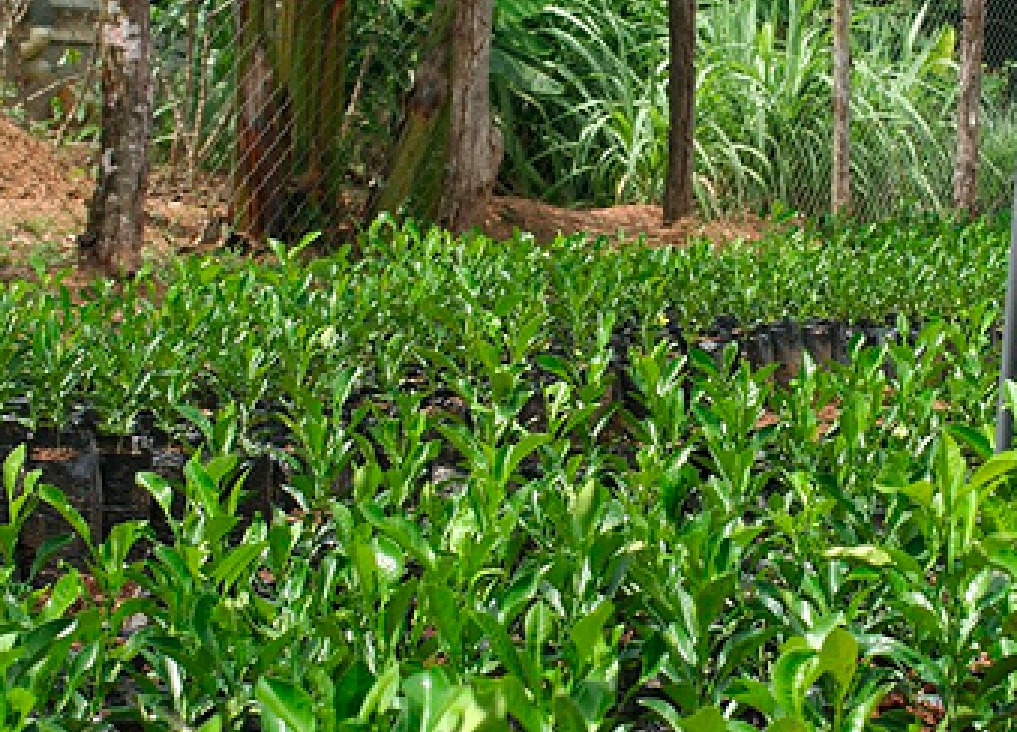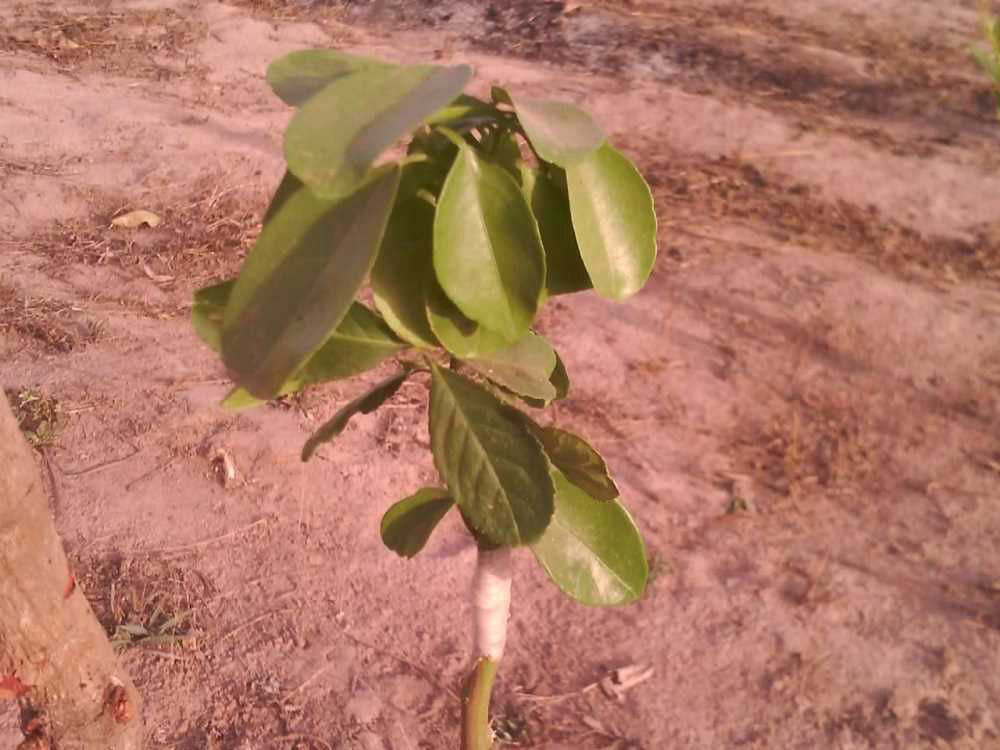ID: L7G-9DP
ID: L7G-9DP
Mandarin
Citrus reticulata
Photo
Senegal
17:52 - 23°C
My connections
My ID card
Who am I?
Date of birth
01/12/2016
Name
Mandarin
Tree
Mandarin
Where am I located?
Country
Senegal
Place of birth
Communauté rurale de Kafountine
Coordinates
12° 59′ 13.4″ N
16° 42′ 43.67″ W
/-16.71213,12.9870567,0/500x333@2x?access_token=pk.eyJ1IjoidG9tbWFzb3NwZXJvbmkiLCJhIjoiY2tnOTE3eW12MDJqazMybXNzOWV1YjloOSJ9.wtGsuDU7XIKjcv2cq8CiXw&logo=false&attribution=false)
My Timeline
The important moments in your tree's life.
Seed
It all starts with a tiny seed, nice and warm in the soil.
Nursery
Your seedling is big enough to be welcomed into one of our nurseries, along with many others.
Planted
We’re here! Your tree has reached its new home: it’s been planted by a smallholder, who’ll take care of it for years to come.
Photo
Strike a pose! Now that it’s big enough, here’s a photo of your tree!
My Gallery
Nursery

Planted
/-16.71213,12.9870567,0/500x333@2x?access_token=pk.eyJ1IjoidG9tbWFzb3NwZXJvbmkiLCJhIjoiY2tnOTE3eW12MDJqazMybXNzOWV1YjloOSJ9.wtGsuDU7XIKjcv2cq8CiXw&logo=false&attribution=false)
16° 42′ 43.67″ W
Photo

Curiosity about me
The important moments in your tree's life.
Let's start with introductions
Native to China, with small leaves and fragrant, the Mandarin produces sweet fruits and aromatic. A mature tree can take from 400 to 600 fruits per year and is obviously planted for food and to raise farm income by selling local fruits.
Meaning
Perfume
Mandarins, especially their peel, emanate an inebriating, sweet and sour flavor.

How much CO2 I’ll absorb
My estimated CO2 absorption capacity is based on the first 10 years of my life*
Current absorption
- 81 kg
2016
0 kg
2026
-90 kg
* The tree will continue to absorb CO2 even after the tenth year. Therefore this is a prudent estimate.
How I am useful to local communities

Consumption and sales
Its fruits, seeds and/or leaves are used as food in the farmers' families or are sold on local markets.
My benefits
60%
Food Security
The trees will bear fruits, some that will be edible immediately and others that can become edible through processing, ensuring food resources over time.
90%
Economic development
The trees' fruits and the products derived from their transformation can be traded in local networks, offering income opportunities.
20%
CO₂ Absorption
During its life cycle, each tree will absorb CO₂. The trees you plant can offset your emissions.
30%
Environmental protection
The trees are planted in agroforestry systems that favor the virtuous interaction between the different species and their positive impact on the environment and on the land.